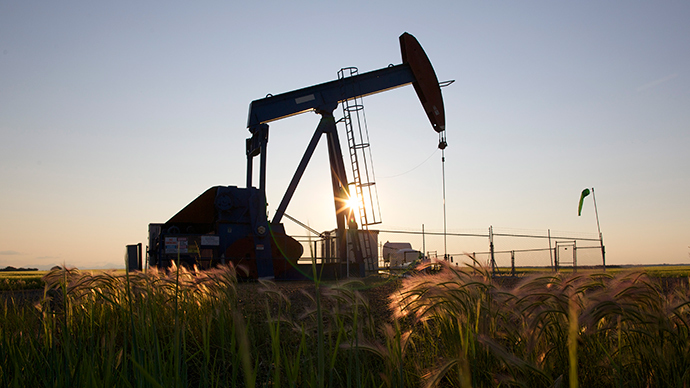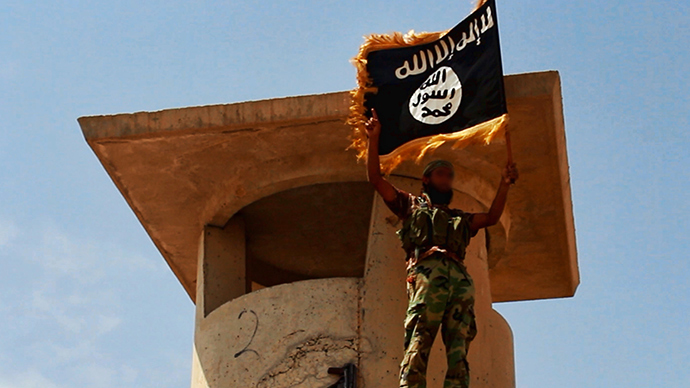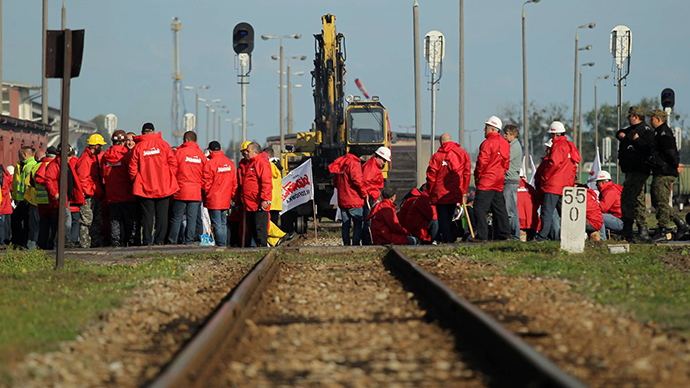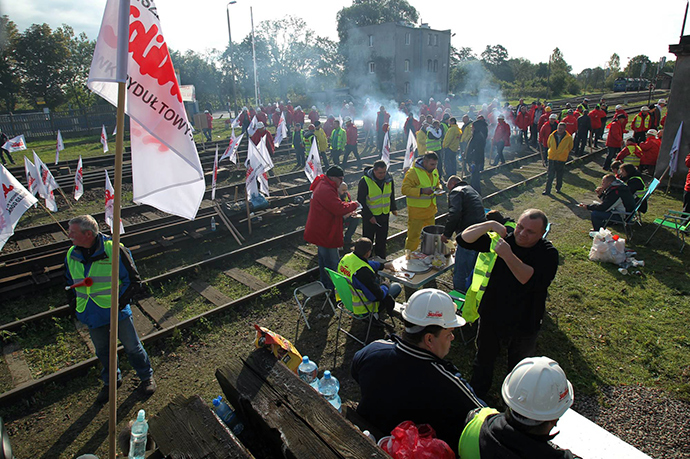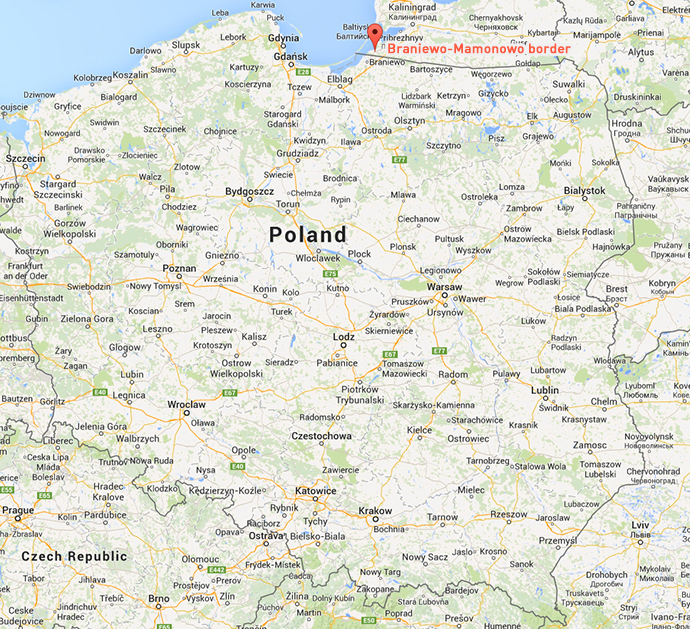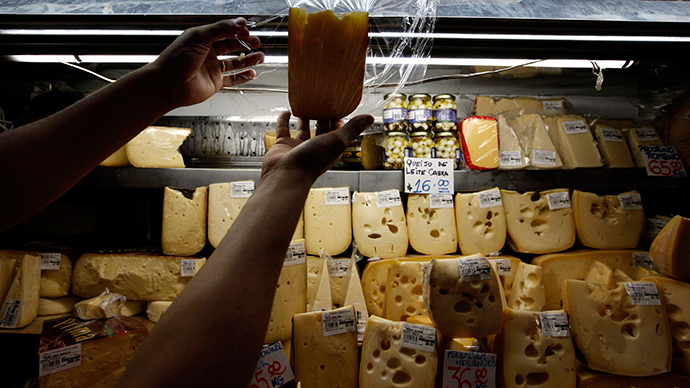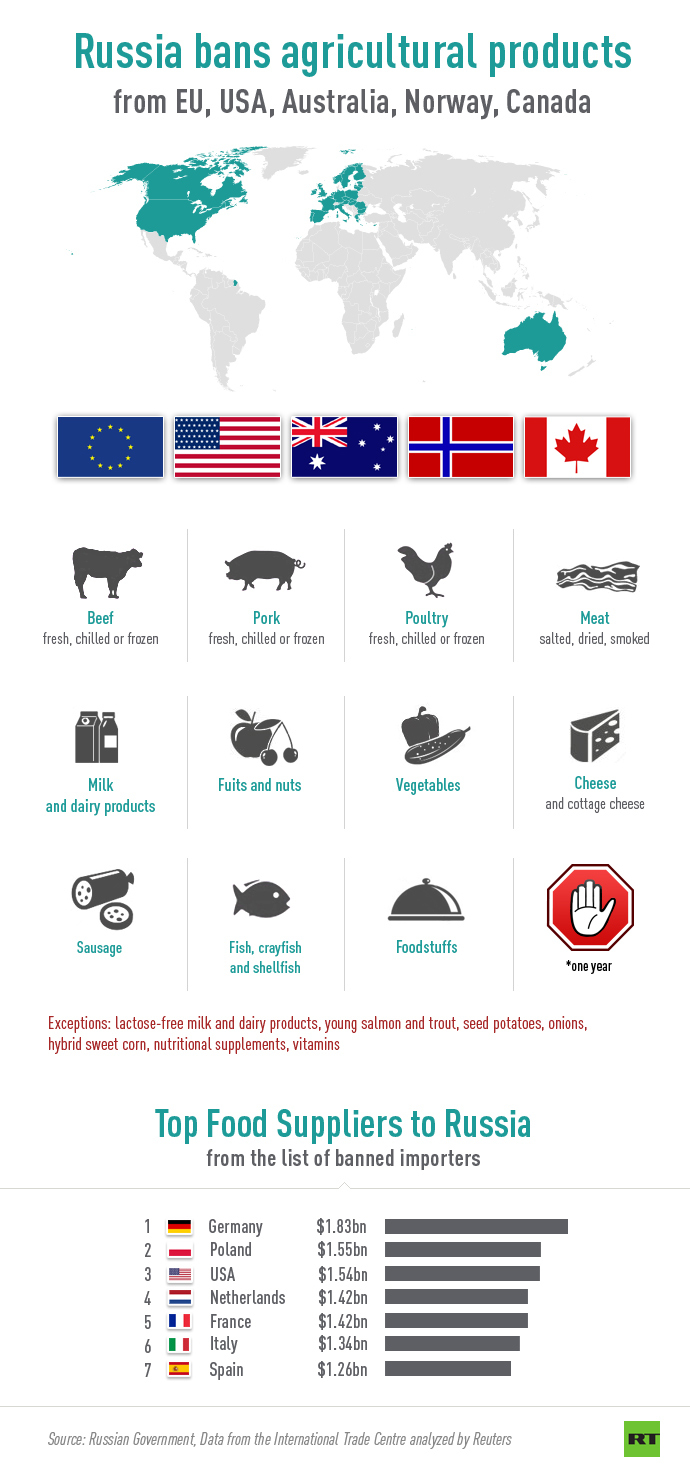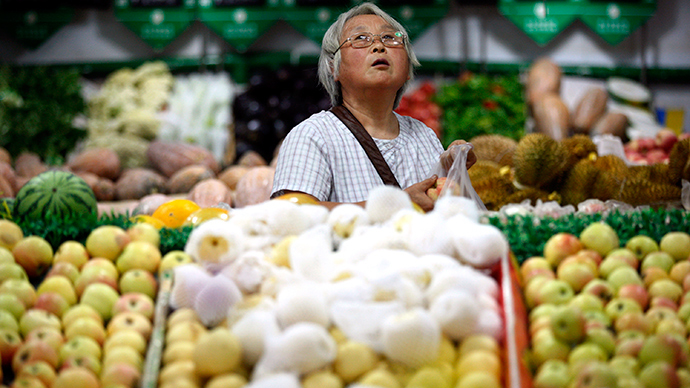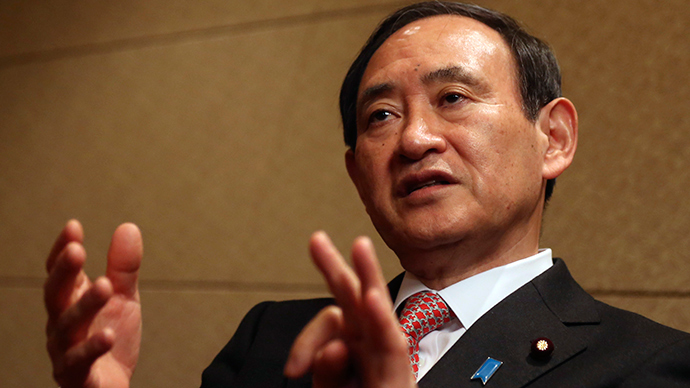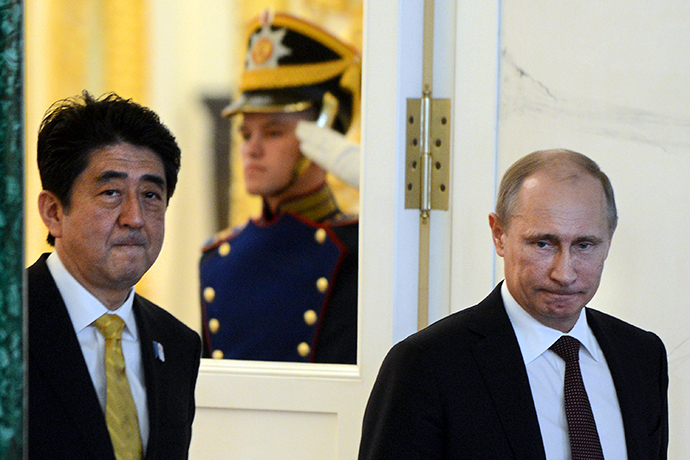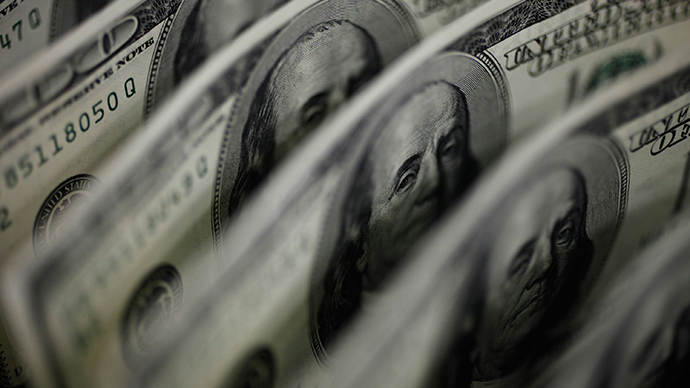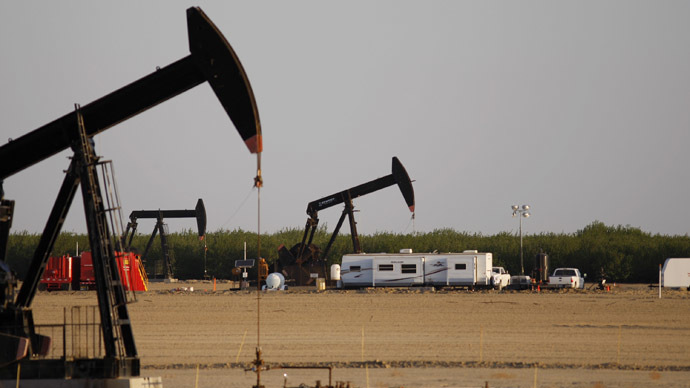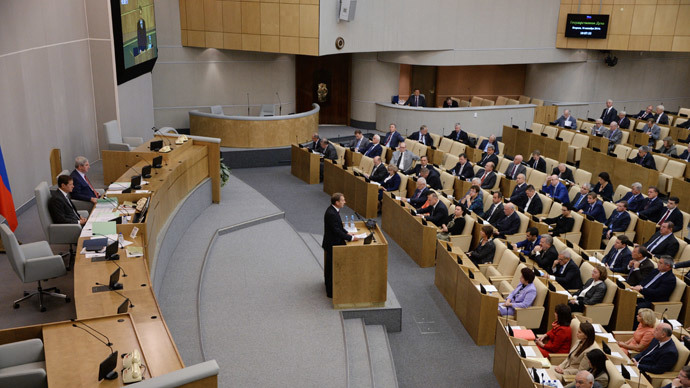
Russia’s Duma has ratified an agreement on the Eurasian Economic Union, which will create the largest common market in the ex-Soviet sphere and provide for the free movement of goods, services, capital and labor between Russia, Belarus and Kazakhstan.
The agreement, which
comes as an extension of the Customs Union, requires approval
from the other two union members. If ratified, it will come into
effect on January 1, 2015.
Leonid Slutsky, the chairman of the State Duma’s Committee on
Commonwealth of Independent States Affairs, Eurasian Integration
and Ties with Compatriots, called the ratification of the
agreement an “event of historic importance,” Itar-Tass
reported.
“It is a mighty project from a geopolitical point of view.
Several countries of the FSU [Former Soviet Union] and other
countries have announced their aspirations to join the
Union,” the MP said. The Union will also become “a major
obstacle on the road toward creating a unipolar world,” he
added.
Any country can join the Union provided they share its aims and
principles, according to the founders.
The agreement to create a Eurasian Economic Union was signed by
the presidents of Russia, Belarus and Kazakhstan on May 29, 2014.
READ MORE: Russia, Belarus, Kazakhstan sign
‘epoch’ Eurasian Economic Union
Article source: http://rt.com/business/190852-russia-eurasia-economic-union/
